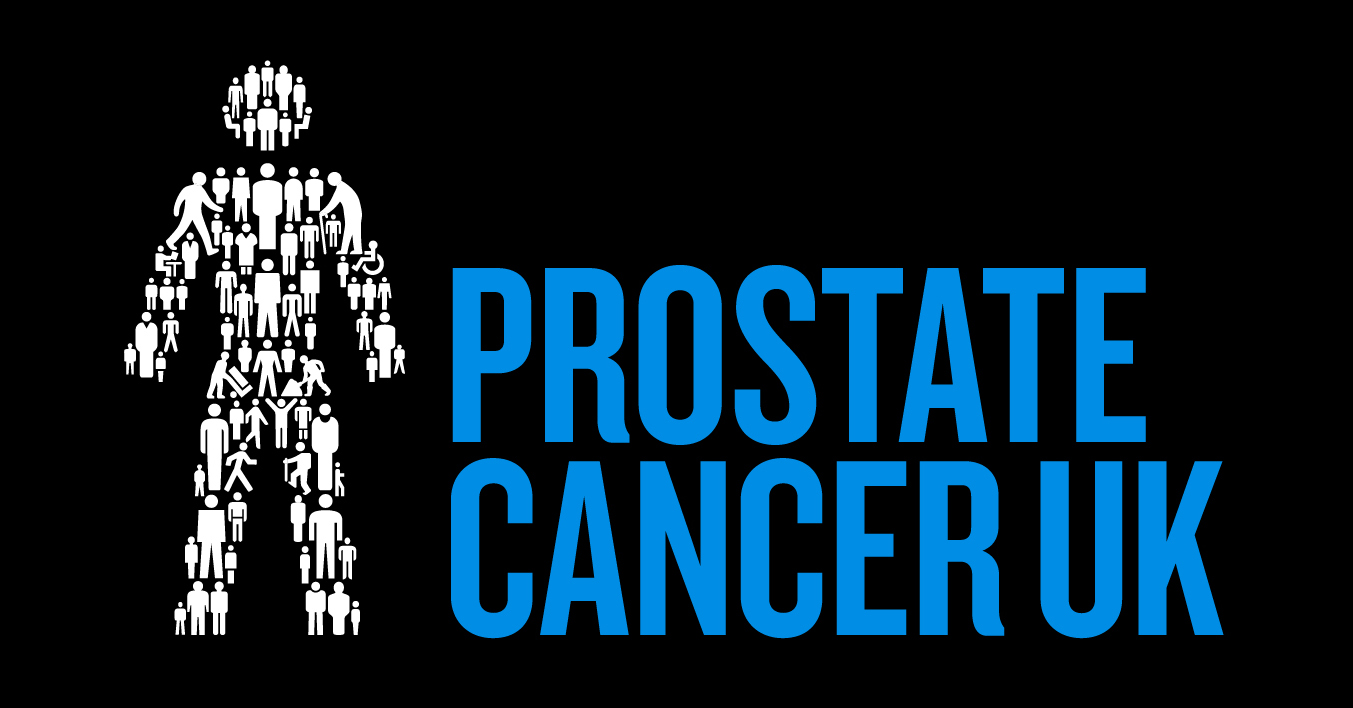This 2021 update looks at the HR changes ahead this year. Our experts will review how to continue training during a pandemic as well as the importance of managing the risk of legionella.
Skip to: –
HR & Employment Law update
Nina Matthews, HR Advisor at Club Insure Risk Management talks about the HR challenges ahead in 2021:
“From an HR perspective 2020 bought us many unprecedented challenges. Constant changes to the Government guidance on the Coronavirus Job Retention Scheme (CJRS), more recognisably the Furlough Scheme, made it difficult to strategically plan, requiring more of a firefighting approach.
Having survived 2020; here in 2021 we now find ourselves back in lockdown. We have become more adept at overcoming the practical and logistical problems that lockdown presents; many of us now successfully have employees working remotely, a new concept requiring greater flexibility and understanding, but bringing the reward of continued service whilst securing employee retention.
Brexit
In terms of employment law, our exit from the EU (Brexit) brought us the “non-regression” principle. In basic terms this means that; levels of employment protection which had been a part of UK law as of 31 Dec 2020 (when much of UK employment law was underpinned by EU directives) cannot be lowered in a manner affecting trade or investment between the parties. In addition, the UK and EU agreed that they both shall continue to strive to increase their respective labour and social levels of protection.
All of the UK employment laws which stemmed from EU law (such as the Working Time Directive) were already (in effect) embedded into UK law by the European Union (Withdrawal) Act 2018, which creates the concept of “retained EU law”, so, in the immediate future, UK employment law is unlikely to change and is unaffected by the Agreement. However, since the transition period has ended (31 Dec 2020), the UK does now have greater scope to make changes.
When interpreting retained EU law, the UK courts will have to follow EU case law in effect on 31 Dec 2020, unless the Supreme Court or the Court of Appeal (and equivalent courts in Scotland and Northern Ireland) have given a contrary ruling since then.
GDPR
In particular, the General Data Protection Regulation (“GDPR”) sets out a regime in which personal data (such as private and sensitive information about employees) can move around the European Economic Area (EEA) as a single territory without additional protections, such as those which are necessary for transfers outside of the EEA.
Now that the UK is no longer in the EEA, it is treated as a “third country” under the GDPR regime. However, EU to UK data transfers (including personnel data) can continue for an interim period of four months (extendable to six months) during which time the EU is expected to issue a formal “adequacy” decision. This means that the EU is satisfied that UK law is adequate to protect the rights of individual data subjects. During the interim period and once an adequacy decision is in force, UK employers will not need to rush to put in place standard contractual clauses or another transfer tool which is required for other third countries (such as the US).
What else is on the horizon for 2021?
January 2021
1st January: New system of immigration came into effect
The Statement of Changes in Immigration Rules, issued by the Home Office, confirms the details of the new points-based system of immigration for foreign nationals who wish to work and live in the UK post-Brexit. The different routes of entry include; the Skilled Worker route (replacing the tier two (general) worker route, the Highly skilled Worker route, the Global Talent, Start-up and Innovator route, Intra-company transfer route, tier five (temporary worker) route and a range of other specialist worker routes. The new rules are being introduced in phases.
1st January: Freedom of movement for EU nationals in UK came to an end
The Immigration and Social Security Co-ordination (EU Withdrawal) Act 2020 ends free movement for European Economic Area (EEA) and Swiss citizens, and their family members, in the UK, so that from the end of the Brexit transition period, they will be subject to immigration controls. Under long-standing existing arrangements, Irish citizens can continue to enter, live and work in the UK without permission. The main provisions of the Act will be commenced by regulations.
From 1 July 21 it will be mandatory to hold settled status or pre-settled status. Apply to the EU Settlement Scheme (settled and pre-settled status) – GOV.UK (www.gov.uk). The deadline for applications is 30 June 2021.
April 2021
1 Apr 2021: National Minimum Wage increase to take effect
The rate of the national living wage increases from £8.72 to £8.91. The main (adult) rate of the national minimum wage rises from £8.20 to £8.36 per hour. The rate for workers who are aged at least 18 but under 21 increases from £6.45 to £6.56 per hour, the rate for workers aged 16 to 17 rises from £4.55 to £4.62 per hour, and the apprentice rate rises from £4.15 to £4.30 per hour. The accommodation offset increases from £8.20 to £8.36 per day.
From 1 April 2021, following a reduction in the age threshold for the national living wage, the national living wage rate applies to workers aged 23 and over, and the main (adult) rate applies to workers aged 21 to 22.
1 April: Changes to the IR35 (off-payroll payment) Rules
These changes were due to be implemented 1 Apr 20 but were delayed due to the pandemic, the intended date for these changes to take effect is now Apr 21. If you employ contractors who trade through their own limited company, you will be required to decide if they should be paid through the payroll and have PAYE/National Insurance deducted – the so-called IR35 rules. You can check employment status for tax purposes, (CEST), using the CEST calculator . Note that this change does not affect very small firms (with fewer than 50 staff and a turnover of less than £10.1m). For more information on IR35 please visit Gov.uk.
4 April: Statutory maternity pay and other family related statutory pay rates increase
The Benefit and pension rates 2021/2022 policy paper sets out the proposed increases to the rates of statutory maternity pay, statutory paternity pay, statutory adoption pay, statutory shared parental pay and statutory parental bereavement pay from £151.20 to £151.97 per week.
6 April: State pension rate
The rates of the single-tier and basic rate state pensions increase from £175.20 to £179.60 per week and from £134.25 to £137.60 per week respectively.
6 April: Statutory Sick pay
Proposed increase to the rate of statutory sick pay from £95.85 to £96.35 per week.
6 April: HMRC given power to recover tax from parties other than employer in off-payroll working arrangements
The Income Tax (Pay As You Earn) (Amendment No.3) Regulations 2020 (SI 2020/1150) provide that where an employer has not deducted income tax under PAYE from payments made to an off-payroll worker, and there is no realistic prospect of recovering the tax from the employer within a reasonable time frame, HM Revenue and Customs (HMRC) can recover the tax from other parties within the labour supply chain, namely the agency with which the client contracts or the client for whom the work has been undertaken.
Finally, we may see other employment law developments that the government has previously announced but not yet set out a timetable for, which include:
- Further reforms to exit pay in the public sector.
- Measures to ensure that tips left for workers go to them in full.
- A new right for all workers to request a more predictable contract.
- An increase to the length of time required for continuity of employment to be broken.
Training update
Naomi Wistow, Training Advisor, talks about training during a pandemic:
“As we once again enter lockdown, it is still vitally important to remember to keep your business compliant with the law and ensure your staff training is up to date. Our training department continues to operate, ensuring that we are always available to assist with any training requirements you may have.
In March 2020, when we first went in to lockdown, training was hugely affected and almost stopped completely. Many businesses were forced to close, staff were furloughed and training was cancelled. The industry was in an uncertain position, waiting for clarification from various parties as to whether training was able to continue, and if it did, how it could take place and still adhere to all the new restrictions.
10 months and two lockdowns later, we and our training partners have adapted all of our training courses to be delivered safely. We also know that employees who are on furlough can still take part in training (providing that this does not result in making money for your organisation) and we believe that all of our courses should be suitable for furloughed employees to attend – but please check with your HR advisor if you are unsure.
This being said, the safety of your candidates and our trainers remains paramount, so please do ensure that anyone attending a training course is able to travel there safely. For example, if you have rules in place for your staff to avoid using public transport, this would also be applicable to your candidates attending training.
Most commonly, we use virtual classrooms, rather than physical ones. This means that staff do not all have to be in the same room for training, they just need access to a computer/laptop, camera and microphone to be able to attend. This offers greater flexibility for companies who have staff working from home, or who do not have a large enough training room to meet the social distancing requirements. All virtual courses have the same content as a face-to-face one, the only differences being that we reduce the number of candidates on each course to ensure that suitable candidate engagement is maintained and also increase the number of breaks, being conscious that candidates will be sitting at a screen.
Throughout this time we have delivered/facilitated over 20 CITB training courses (such as SMSTS, SSSTS, H&S Awareness), as well as many IOSH Managing Safely, IOSH Leading Safely, Manual Handling, UKATA Asbestos Awareness and Risk Assessment training courses.
However, sometimes it isn’t possible to deliver a training course virtually, for example courses such as Emergency First Aid at Work, Abrasive Wheels or Plant training, to name a few. Or it may be that a company doesn’t have the facilities available for a virtual course, or just personal preference is to have a face-to-face training course. This isn’t a problem either! Open courses are still running and we can also deliver training at a client’s site, providing they are covid-secure so as to ensure the safety of your staff and our trainer.
For a classroom to be covid secure, it must have:
- Desks spaced a minimum of 2m apart to maintain social distancing.
- An area at the front of the room for the trainer to present in.
- Separate equipment for each individual – no sharing.
- Good ventilation.
- Reduced candidate numbers.
- Masks worn when moving around on site – they are optional when seated for the training.
- Hand sanitizer available and to be used regularly.
This may seem like a long list of requirements, but safety is our top priority and we want to ensure that candidates all feel comfortable when attending our courses.”
Compliance update
Timothy Fenner, Health & Advisor, discusses the importance of managing legionella during lockdown:
“Another year, another lockdown. But please don’t worry, our compliance are still performing all their safety critical services during this time in line with government advice and covid-secure procedures.
If your business has had to close again, you must remember to take certain precautions to ensure the risk of legionella bacteria building up within your water system is minimised. Legionnaire’s disease is a type of pneumonia caused by the bacteria legionella pneumophila, and is spread when tiny droplets of infected water are inhaled. Showers, splashing taps, spray hoses all have the potential to become contaminated and must be cleaned regularly. Stagnation of water systems is a key cause of the proliferation of these bacteria.
Remember, if you have water on your site there is a risk you need to manage accordingly.
If you are able to take the following measures, depending on local and personal circumstances, try to follow the steps below:
- Flush all outlets at least once per week, and for long enough to ensure fresh water is drawn into the whole system (two to five minutes is ideal).
- If you have a thermometer, ensure cold water at outlets is below 20oC within 2 minutes. Ensure hot water outlets reach a minimum of 50°C within 1 minute.
- Minimize the amount of stored water on site. This could be draining cold water tanks or calorifiers (if you cannot keep water heating devices on at their optimum temperature.
Essential steps should be taken before re-opening your business to the public, to avoid any risk to both staff and visitors.”
If you have any queries regarding the above, or any other health & safety, HR, training or compliance matters, please feel free to contact the Club Insure Risk Management team for help and guidance.







